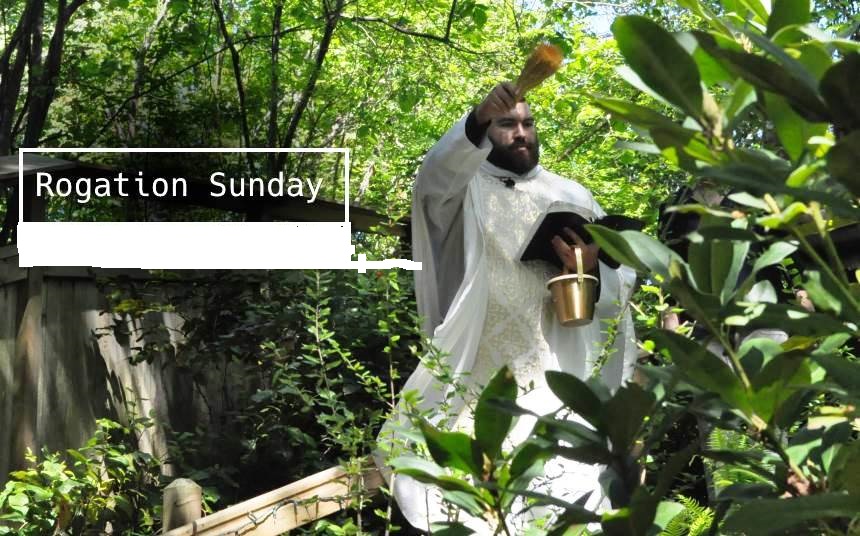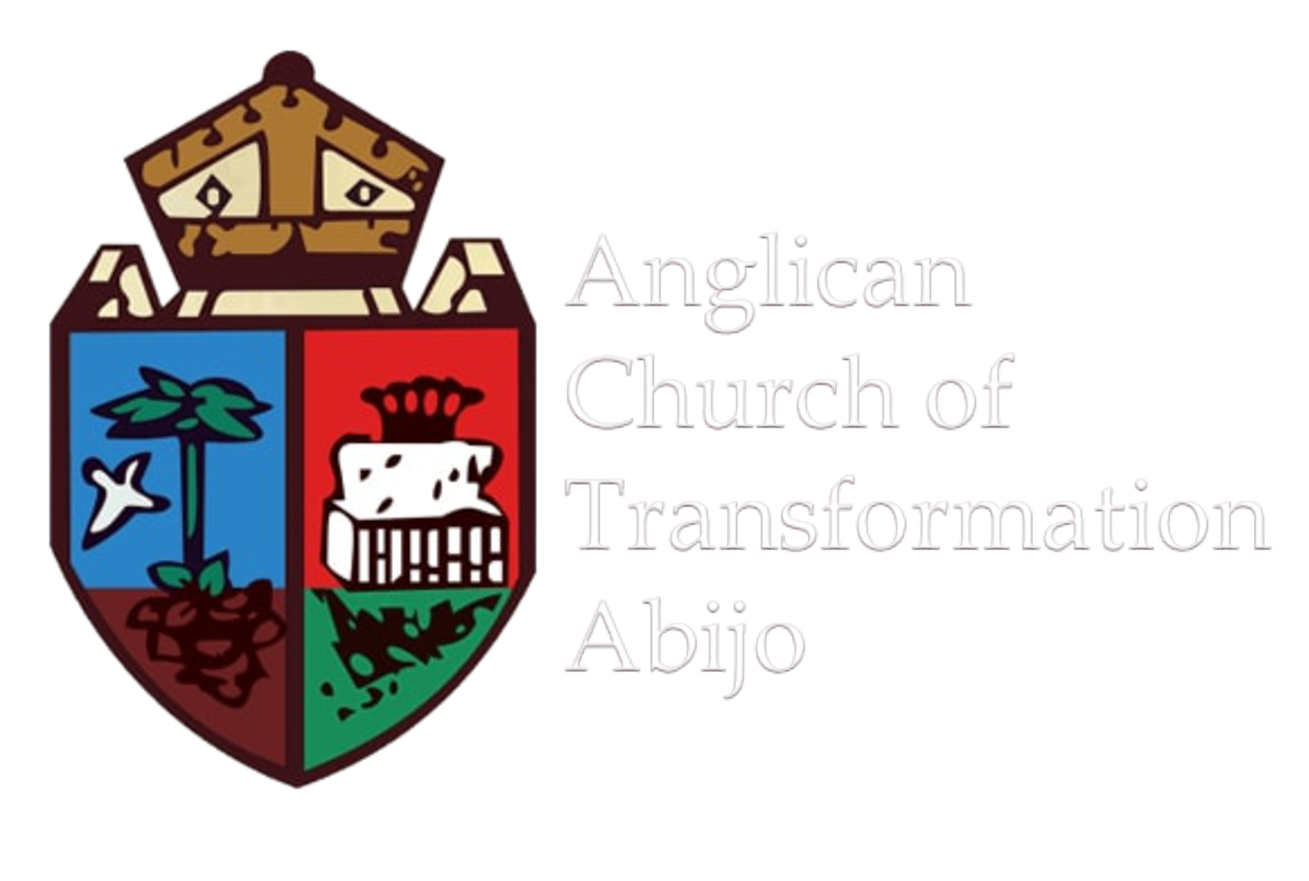Next Sunday (Fifth Sunday after Easter) is “Rogation Sunday” and the next three days are “Rogation Days.” Rogation Sunday is the day when the Church has traditionally offered prayer for God’s blessings on the fruits of the earth and the labours of those who them. The word “rogation” is from the Latin rogare, “to ask.”
It was Bishop Mamertus of Viennes, France, who came up with the idea of setting aside the Monday, Tuesday, and Wednesday before Ascension Day to ask not only for God’s blessings but for His protection. During the years when Mamertus was bishop (461-475), France was struck by a series of natural disasters, floods, fires, earthquakes, and plagues, as well as by rioting, looting,and invasions. Mamertus called for three days of prayer and fasting, in the hope that God would forgive the people for their sins and protect them from further catastrophe. He led processions on these days, asking God to bring them peace, good weather, and a bountiful harvest.
The idea caught on, and by AD 511 the custom of holding processions with litanies on these three days, had spread throughout the country. Soon the entire Western Church was observing the Rogation Days.
For most of human history, faith in God was inseparable from agriculture. The very word ‘agriculture’ refers in origin to the religious culture that is centred on the cycles of planting and harvesting. God created a world in which cycles of planting and harvesting. Moving away from this cycle moves us away from God.
What frees us from living ‘hand to mouth’ also gives us a sense of freedom from having to depend upon God. We don’t feel we have to trust God because we have science, technology, insurance, savings and modern medicine. All of these things can be viewed as gifts to be received with thanksgiving and used faithfully. But these things can also become idols that we trust and depend upon instead of God.
Rogation Sunday challenges us to reconsider the place of prayer in our lives. Prayer does not stand in opposition to work. Our Lord worked very hard but prayed constantly and intensely. St. Paul, who counsels us to “pray without ceasing” (1st Thess. 5: 17) also boasted that he “laboured more abundantly” than all of the other apostles (1st Cor. 15: 10).
Through prayer we remember who God is and who we are in relationship to him. We remember that our vocation is to do good work and never merely to make money. Through prayer we receive grace, wisdom, inspiration and direction; through prayer, we learn to listen to God; our actions come to be rooted in Christ.
There are too many things to do and not enough time; there are too many problems and the challenges are too big. Through prayer we learn that God has given us just the right amount of time to do exactly the things he is calling us to do. Prayer gives us the wisdom to sort out what is fruitful from what is fruitless and act accordingly.
This is the pattern of the liturgy. We come to the altar to offer our souls and bodies to God through Christ. We offer our confessions, intercessions, doubts and uncertainty. We offer to God the big, confusing picture. God gives us back forgiveness, healing, wisdom, strength, guidance and direction. He gives us back our particular vocation to do the particular good works that he has prepared for each of us to walk in. We bring to God our disorder and chaos; from this God brings forth the order and beauty of his new creation in our lives.
Human ingenuity may help us with efficiency and productivity; but a good harvest is still the product of prayerful dependence upon God, the giver of all good gifts.
Happy Rogation Sunday ahead, and let’s get ready to cry to the Lord.
Your vicar and friend,
The Revd. Canon Kiri Wakama.


